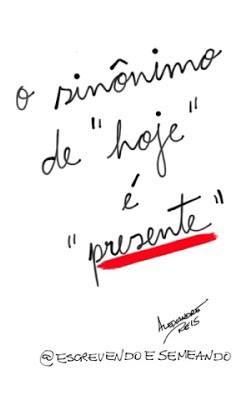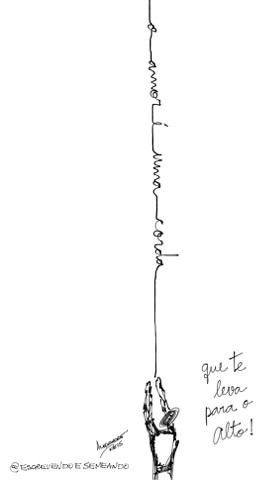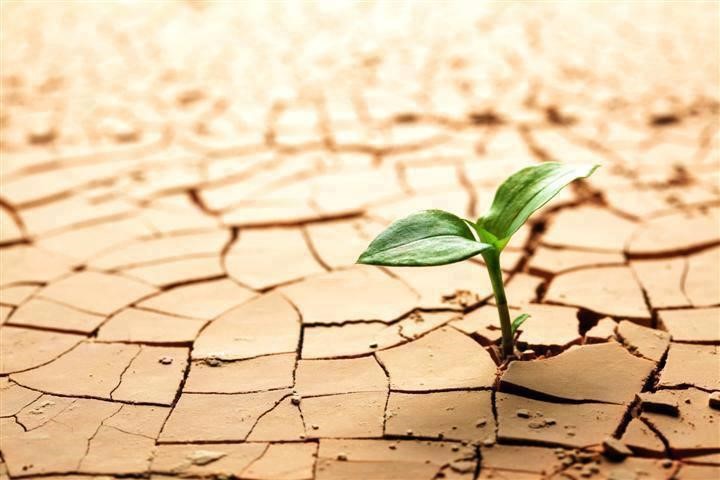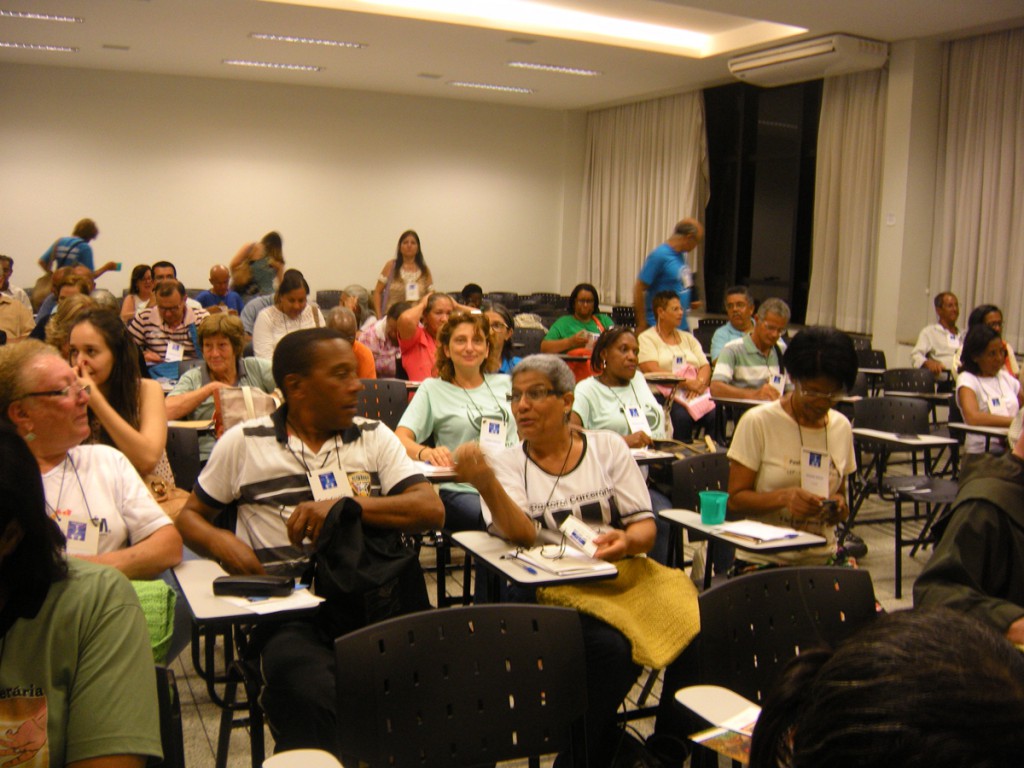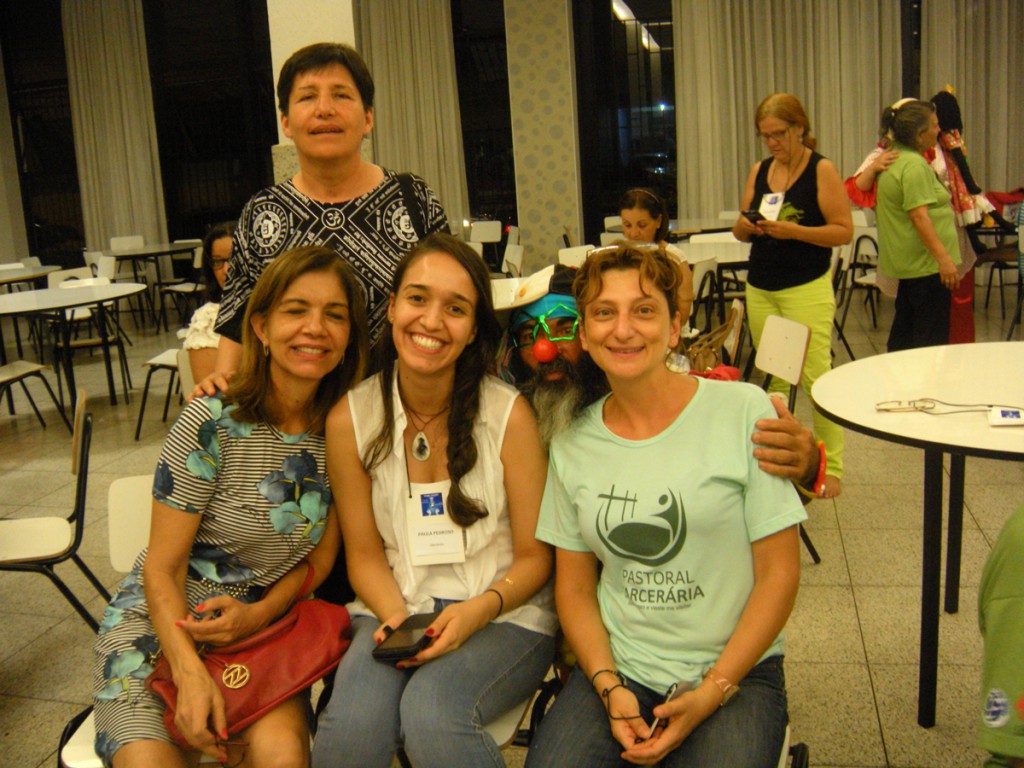Witnesses of Hope is a group that meets, since five years ago, in the Comboni House Justice and Peace.
This is a self-help group composed of people with problems of addiction to alcohol, drugs, depression or any addiction that imprisons and not allowed to live well. It is frequented mostly by women, mothers, wives, with children or husbands to deal with the terrible addiction to alcohol and drugs. The tool of this group is simply the word and sharing. Narrating, talking about themselves, as a therapeutic way to share their pain, to find strength and support. Learn to accept it and learn to listen. Because by sharing a person does not feel alone, the common stories described how mothers, women and many families are struggling with the physical and emotional dependency that enslaves. The beauty of this group is that it is a “small family”, where people are bound together by trust and friendly relations. Everything living is shared in the group; trust and credibility are the fundamentals that build it. It is been more than two years that I participate as a volunteer and become part of “the family”, every Tuesday night at 19:30 we meet and listen to each other. There are times when many people are involved others are few, but whatever is the number, every Tuesday night the Comboni House remains open to create a space to host and share, not only the pain but also moments of smiles and moments of laugh. There are weights that is difficult to carry alone. We must overcome shame to share. For this was born Witnesses of Hope, to help people to walk together and find help with simple and concrete gestures. Regina and I (psychologist and voluntary) started from the provocation topic, from which we can start thinking about the problems that people live and their own experience, a job that leads to self-knowledge, to recognize the own history and particularly that helps to value the people, to take life in their own hands, with courage and determination.
I come out always, every encounter, touch, both to share moments of joy as intense and profound moments, facts made from still open wounds. Each story is a reading from the Gospel of the day, a fact that struggles, battles, victories, defeats, disappointments, in search of the love who cares, because only Love saves: loving yourself, loving others, loving life.
On the outskirts of the world where there are no services, it is wonderful to see how people are organized, without losing heart and simply looking for solutions, such as giving birth to a group of self-help to find the strength and desire to change. Together, we can!
Emma, CLM





